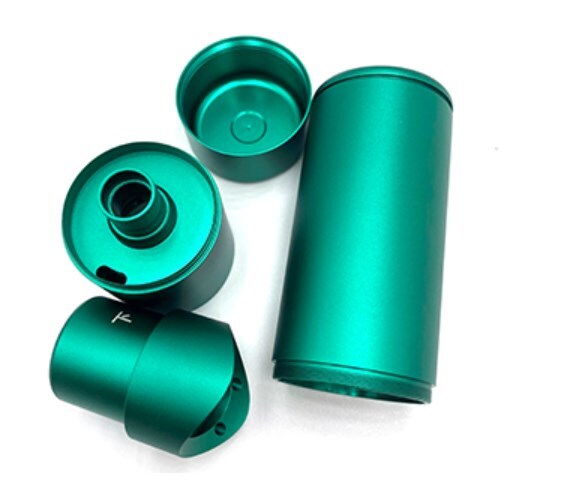CNC machining, or Computer Numerical Control machining, is a crucial technology in today's manufacturing landscape. In this article, we will explore the core principles, benefits and machine applications of CNC machining, offering a clear and straightforward overview.
CNC machining is an advanced manufacturing process that relies on automated computer control systems to produce precise components. Unlike traditional machining methods, which involve manual operation, CNC machining ensures consistent and exact results through automation and computer programming.

CNC machining relies on precise computer control. It starts with computer-aided design (CAD) files, which are transformed into a series of commands. These commands direct the CNC machine's movements, guiding cutting tools to shape materials to exact specifications.
A typical CNC machine includes key components that work together smoothly. The machine tool, like a milling machine or lathe, holds cutting tools and secures the work-piece. The computerized controller interprets instructions, turning them into electrical signals for the machine's motors. CNC machining relies on computer programs, specifically Computer-Aided Design (CAD) software, to guide the machine tools. CAD software creates detailed 2D and 3D models of the desired parts, allowing the machine to visualize the final product.
Compared to traditional machining techniques, CNC machining is vital in manufacturing for these core reasons:
CNC machining has transformed numerous industries, providing unmatched precision, efficiency, and versatility in manufacturing. Here are five widespread applications of CNC machining.
Aerospace: CNC machining is vital for crafting precise components in aircraft, ensuring safety and performance. It meets strict tolerances and enhances fuel efficiency.
Automotive: CNC machining produces engine parts, transmissions, and chassis components with precision, improving vehicle performance and reliability.
Medical: It creates customized medical implants, prosthetics, and surgical instruments, enhancing patient outcomes and healthcare quality.
Electronics: CNC machining fabricates intricate parts for consumer electronics, ensuring functionality and technological advancement.
Woodworking: CNC routers craft detailed designs in furniture and cabinetry, elevating craftsmanship with speed and precision.

CNC machining remains at the forefront of modern manufacturing, offering unparalleled precision, efficiency, and cost-effectiveness. Its adaptability, reliability, and ability to meet the demands of intricate designs and complex geometries make it an indispensable tool for industries worldwide. Huayin Die Casting with 18+ years of industry specialization, is your top-tier partner for CNC machining parts and services. If you want to know more about our CNC machining service, please feel free to contact us for more information.